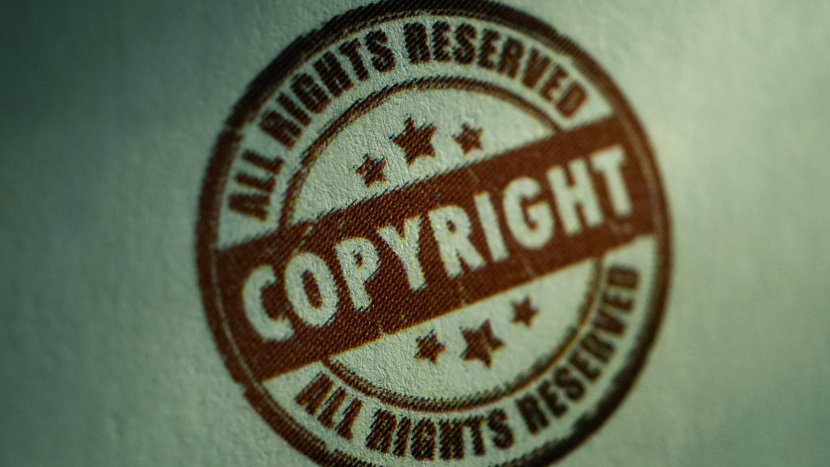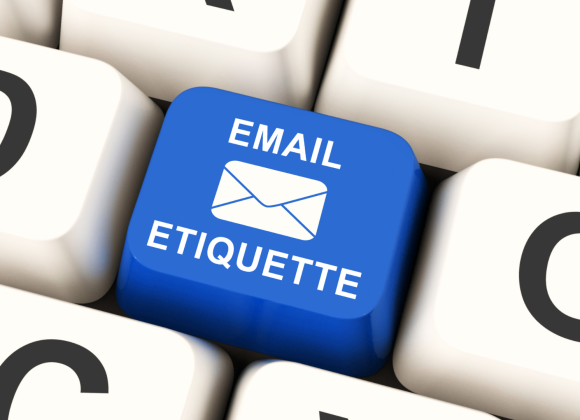In the digital age, social media is both a powerful communication tool and a minefield of legal implications—especially when it comes to copyright. With the tap of a finger, users can repost photos, share music, or quote articles, often without realizing they may be violating someone else’s intellectual property rights.
Whether you’re a casual user, content creator, marketer, or business, understanding how copyright works on social media platforms like Facebook, Instagram, Twitter (X), YouTube, and TikTok is essential to avoid legal trouble and maintain credibility.
This blog unpacks what copyright is, how it applies to various types of content, common misconceptions, and practical tips every user should know.
1. What is Copyright? A Quick Primer
Copyright is a legal right granted to the creator of original works, giving them exclusive control over how their work is used and shared. This includes:
- Text (articles, books)
- Images (photos, artwork)
- Audio (songs, podcasts)
- Video (films, vlogs)
- Software and code
According to the Copyright Act of 1957 (India) and international conventions like the Berne Convention, a work is automatically protected as soon as it is created and fixed in a tangible form. No formal registration is necessary (though registration helps in litigation).
Key Rights Under Copyright:
- Right to reproduce the work
- Right to distribute copies
- Right to display or perform publicly
- Right to create derivative works (adaptations)
Duration: In most countries, copyright lasts for the lifetime of the creator plus 50–70 years.
2. How Copyright Affects Social Media Use
Social media platforms are not copyright-free zones. While they encourage content sharing and interaction, they also respect intellectual property laws. When you post, share, or use content created by someone else, you may be infringing on their rights—even if:
- You gave them credit
- You’re not making money
- You only used a small part
3. Most Common Copyright Mistakes on Social Media
Mistake #1: Reposting Content Without Permission
Instagram makes reposting visually attractive, but legally, resharing someone’s photo or video without their explicit permission may be considered unauthorized use—especially when done outside of platform tools.
Solution:
- Use native reshare buttons
- Tag and credit the original creator
- Consider messaging them for permission if tools aren’t available
Note: Giving credit is not a legal substitute for permission.
Mistake #2: Using Images from Google Without Checking Rights
Google Images is not a free image library. Many photos there are protected by copyright.
Solution:
- Use tools like Google’s “Usage Rights” filter
- Prefer royalty-free platforms: Unsplash, Pixabay, Pexels, Freepik
- Subscribe to licensed photo services like Shutterstock or Getty Images
Mistake #3: Adding Music to Videos or Stories Without Rights
Adding trending music to TikToks or Reels is popular—but also tricky. Platforms like YouTube or Instagram provide pre-licensed music, but adding music manually from external sources may violate the rights of the composer or record label.
Solution:
- Use only licensed music libraries
- For businesses, use royalty-free or commercial licenses
- Avoid full-length songs unless explicitly permitted
Mistake #4: Sharing Memes, Quotes, and Screenshots
Memes often contain images from copyrighted movies, shows, or viral videos. Even using screenshots from blogs, news outlets, or apps can breach copyright law.
Solution:
- Make sure the image or quote is public domain or under Creative Commons
- Add commentary, parody, or criticism to increase fair use protection
- Always give credit
Mistake #5: Using Logos, Brands, or Trademarks in Posts
Using a company’s logo or tagline for commercial use can infringe on trademark and copyright laws. This includes using them in memes, profile photos, or promotional graphics.
Solution:
- Use logos only in editorial or review contexts
- Avoid logo use in marketing materials without permission
- Respect brand guidelines
4. Understanding Fair Use (and Its Limitations)
Many users believe that if they’re not profiting or if they use “just a little” of the work, they’re safe. This is misleading.
Fair Use is a legal doctrine that allows limited use of copyrighted content without permission, but it is determined on a case-by-case basis.
Common Fair Use Examples:
- Criticism or review
- Commentary
- Teaching or educational use
- News reporting
Not Fair Use:
- Using copyrighted music as background for your vlog
- Sharing an entire blog article as a caption
- Uploading full copyrighted movies or songs
5. Platform Policies on Copyright
Most social media platforms have their own copyright enforcement systems, including:
- Instagram: Content ID and takedown system
- YouTube: Content ID detects copyrighted music or videos
- Facebook: Rights Manager for copyright owners
- TikTok: Auto-muting and removal of unauthorized music
They also follow the Digital Millennium Copyright Act (DMCA), which means they respond swiftly to takedown requests.
Violations may lead to:
- Content removal
- Account suspension
- Demonetization
- Permanent ban
6. How to Legally Use Content on Social Media
| Type of Content | Can You Use It? | What to Do |
|---|---|---|
| Your original photo | ✅ | Free to post anywhere |
| Image from Unsplash | ✅ | Credit the photographer |
| Instagram post by someone else | ❌ | Ask for permission, tag |
| Song clip from Spotify | ❌ | Use platform-approved music |
| Meme with a copyrighted image | ⚠️ | Use parody/fair use cautiously |
| Logo of a famous brand | ❌ | Avoid unless reviewing/reporting |
7. Tips for Content Creators and Influencers
- Create your own original content as much as possible
- Use stock libraries with clear licenses
- Watermark your work if you’re concerned about theft
- Read platform-specific copyright policies
- Always credit collaborators and photographers
- Consider registering your work if you’re a professional creator
8. What to Do If Someone Steals Your Content
If someone reposts your work without permission:
- Contact the user politely and request removal or credit.
- File a copyright takedown notice via the platform.
- If needed, consult an IP lawyer or copyright enforcement agency.
Platforms typically respond within 24–48 hours for valid requests.
Conclusion
In a world where “content is king,” respecting copyright is not just a legal requirement—it’s an ethical responsibility. Social media thrives on sharing, but sharing should never come at the expense of someone’s creative rights.
By understanding copyright basics, practicing responsible sharing, and using content legally, you can:
- Protect yourself from legal risk
- Build credibility and trust
- Support and respect original creators
Remember: when in doubt, ask for permission or use royalty-free alternatives.





